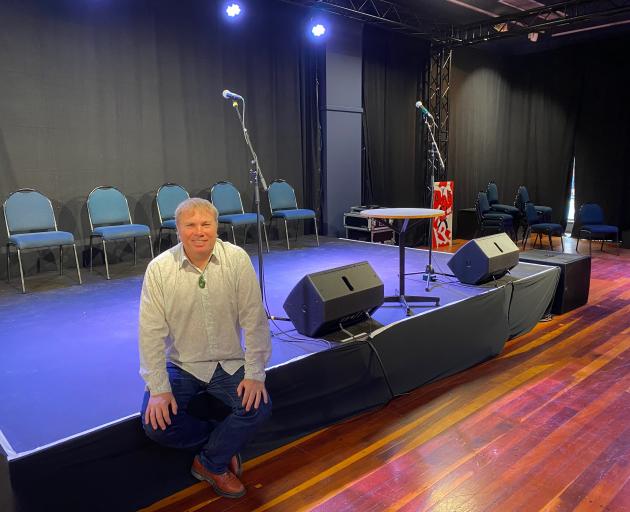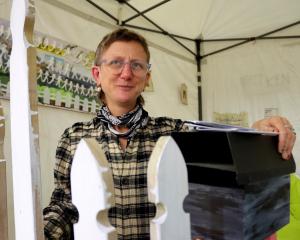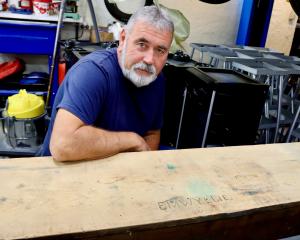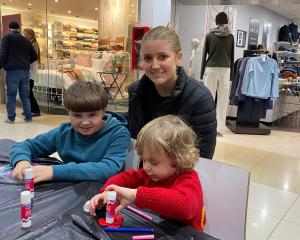
Te Whare o Rukutia producer-in-residence Kate Schrader said many local theatre practitioners were feeling "pretty bruised" after two years of uncertainty during the pandemic.
With $20,000 in funding available for distribution to the community, it had been decided to support the development of work, rather than focusing on the presentation of work in the venue, Ms Schrader said.
Through the residency scheme, set to run until July, local theatre practitioners of people with all levels of experience can apply for between $1400 and $10,000 to support their projects.
"There is a fatigue out there among the community, with people feeling bruised from the churn of trying to put events on and having to cancel them due to Covid," she said.
"So we felt the best use of the funding and the space is to offer residencies and to keep the brief very broad.
"We want to enable our community to continue to create and dream, and to shift from product-focused funding to process-based funding.
"This is an important shift in mindset, but critical given the ongoing uncertainty about audience capacity and desire to attend, not to mention artist and producer health and wellbeing," she said.
Those taking up funding could use the Te Whare o Rukutia space in Princes St, in the former Community Gallery, to workshop and develop ideas, for rehearsals, and performances.
"We also hope our Otepoti creatives will see Te Whare o Rukutia as a home base, so making time and space for them to work in the venue will develop that connection."
At a minimum, funded projects will receive sole use of the venue for one to two weeks, a fulltime working week stipend of $1400 (one-person, $40 an hour, 35 hours basis), support from venue staff, and the use of the in-house lighting rig.
Part of Te Whare o Rukutia kaupapa was to contribute to the strengthening and stabilisation of Otepoti’s performing arts infrastructure, Ms Schrader said.
"While this means the physical space and equipment, it also means nurturing and developing our people so they can establish or maintain a successful career in the arts."
Accessibility to the venue was key, so the criteria for funding was being kept as broad and flexible as possible.
People interested in a residency can contact Ms Schrader to discuss their project and its needs, and to arrange a method of presenting their project to the selection group.
The selection group will meet to look at projects and allocate funding, until the funding is fully distributed.
Dunedin’s two runaka will also have some Te Whare o Rukutia funding to distribute and they will determine the appropriate processes, aims and criteria for that.
When the venue is programming a season, projects that have been through the residency will be prioritised should they be ready to present their work.
Dunedin Fringe Arts Trust director Gareth McMillan said the space was really taking shape, with stage, lighting and sound equipment in place and 120 seats on their way.
The space had been redecorated and the power supply had been upgraded to make it as flexible as possible, he said.
"After two years of Covid disruption, we want to really support and help build our local theatre community."














